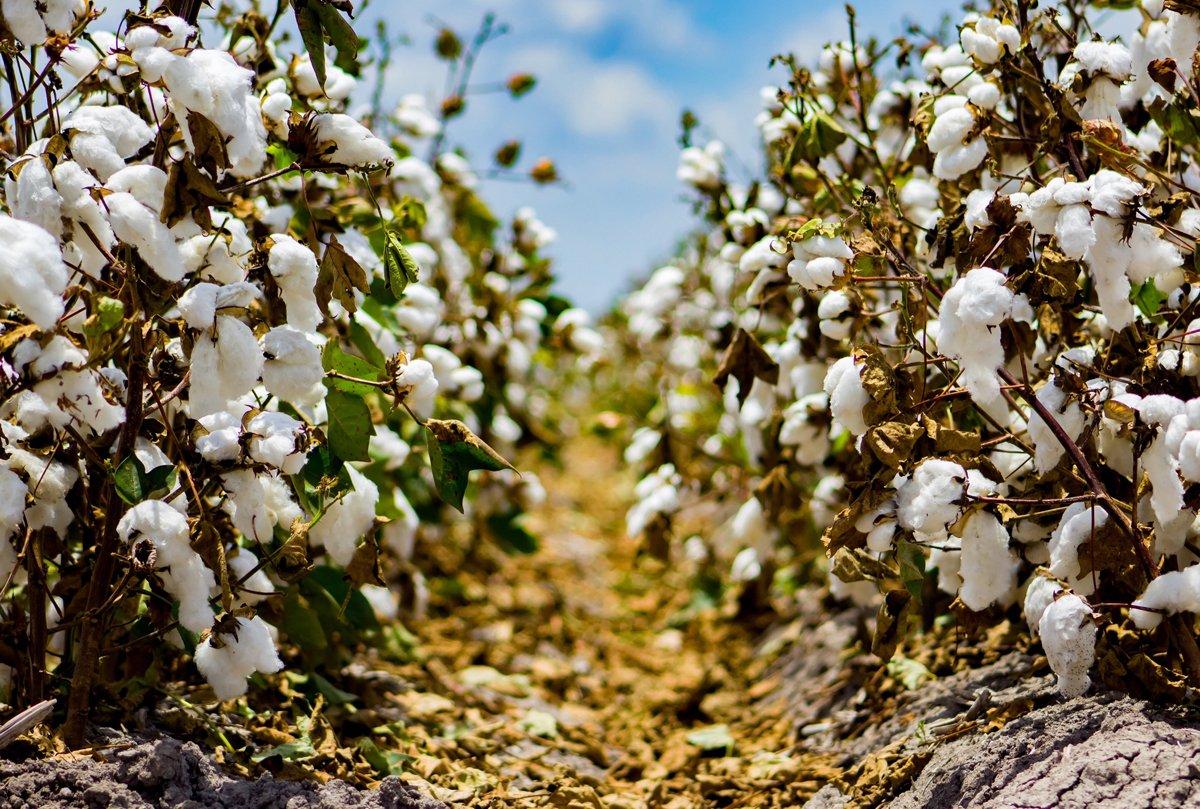In a world increasingly driven by sustainability adn mindful consumption, organic cotton clothing emerges as a beacon of comfort and eco-consciousness. As consumers seek more ethical choices in thier wardrobes, the allure of organic cotton lies not only in its soft touch against the skin but also in its promise of greater environmental duty. This article delves deep into the realm of organic cotton clothing, exploring its durability, the comfort it offers, and the significant impact it has on our planet. Join us as we sift through the claims and realities of organic cotton, evaluating its role in a modern, sustainable lifestyle and helping you make informed decisions in the quest for fashion that aligns with your values.
Exploring the Soft Touch of Organic Cotton: A Comfort Comparison
When it comes to comfort, few fabrics compare to the soft touch of organic cotton. Unlike conventional cotton,which is frequently enough treated with harsh chemicals and pesticides,organic cotton is grown and harvested using sustainable practices that preserve its natural softness. This intrinsic quality makes organic cotton clothing a favorite among those seeking a gentle embrace against their skin. The absence of synthetic dyes further enhances the texture,allowing for breathable,irritation-free wear. Consumers frequently enough discover that garments crafted from organic cotton feel as intrepid as thay are soft, perfect for cozy evenings or vibrant outdoor adventures.
In a comfort comparison, it’s essential to highlight the longevity and durability of organic cotton. Contrary to the common misconception that softer materials lack resilience, organic cotton boasts remarkable tensile strength. As a result, garments made from organic cotton not only provide optimal comfort but also withstand the test of time, resisting wear and tear effectively. This quality is reflected in the following benefits:
- Breathability: Promotes airflow and temperature regulation.
- Moisture-wicking: Keeps you dry by effectively absorbing sweat.
- Hypoallergenic: Reduces allergic reactions, making it suitable for sensitive skin.

Durability Decoded: How Organic Cotton Stands the Test of Time
When it comes to clothing, the durability of fabrics often determines their true value over time.Organic cotton, renowned for its natural fibers, offers more than just a soft touch against the skin; it presents a resilient alternative that can withstand the rigors of everyday wear. Unlike conventional cotton, organic varieties are grown without harmful chemicals, promoting a structure in the fibers that enhances their strength. As a result, garments made from organic cotton are less likely to succumb to the wear and tear that plagues standard fabrics, ensuring that your favorite pieces last longer and maintain their form and color.
moreover, the durability of organic cotton translates not only into longevity for the consumer but also signifies a commitment to sustainable practices. By choosing organic cotton, you support farming methods that promote soil health and reduce environmental damage. Key benefits include:
- Faded Resistance: Organic cotton tends to retain its color for longer durations.
- Shape Retention: Provides lasting form and fit even after multiple washes.
- Breathability: Maintains its breathable quality, preventing wear from excessive heat.
These aspects of organic cotton create a balance between comfort and sustainability, making it a smart choice for eco-conscious consumers who value both style and substantive longevity.

The Green Choice: Evaluating the Environmental Benefits of Organic Cotton
Choosing organic cotton goes beyond personal preference. it has a profound impact on the environment,influencing everything from water use to soil health. Unlike conventional cotton farming, which relies heavily on synthetic pesticides and fertilizers, organic cotton prioritizes natural cultivation methods. This approach not only reduces the toxic chemical runoff in waterways but also enhances biodiversity by supporting various ecosystems. Moreover, organic farming practices improve soil structure and fertility, leading to a sustainable model that can continue to produce high-quality crops without depleting resources.
Another significant environmental benefit of organic cotton is its lower water consumption. In regions where water scarcity is a pressing issue, organic farming can be a more viable option. By utilizing rainwater and sustainable irrigation methods, organic cotton fields consume substantially less water compared to their conventional counterparts. Additionally, it contributes to reducing carbon footprints through practices such as crop rotation and composting. Brands focusing on organic cotton are not just offering a product; they are part of a movement towards a more sustainable and responsible textile industry. This commitment highlights the interconnectedness of our choices as consumers with the health of our planet.

Making Informed Choices: Recommended Brands for Sustainable Wardrobe essentials
Choosing the right brands for your sustainable wardrobe can make a significant difference in not only your style but also the planet’s health.When looking for organic cotton essentials, consider brands that prioritize ethical production and obvious supply chains. Here are some recommended brands that stand out for their dedication to sustainability:
- People Tree: Known for Fair Trade practices and timeless designs.
- Patagonia: Offers durable clothing with an emphasis on environmental responsibility.
- Eileen Fisher: focuses on minimalism and sustainable materials.
- organic Basics: Combines quality with eco-conscious sourcing.
As you enhance your wardrobe, keep in mind that investing in brands dedicated to sustainable practices not only benefits you but also contributes to a healthier environment. Look for companies that have established criteria for organic certification and ethical manufacturing. Below is a simple comparison of some brands and their standout features:
| Brand | Sustainability Features | Price Range |
|---|---|---|
| People Tree | Fair Trade, GOTS certified | $$ |
| Patagonia | Recycled materials, 1% for the Planet | $$$ |
| eileen Fisher | Renew program, eco-friendly dyes | $$$ |
| Organic Basics | Carbon neutral, circular fashion | $$ |
future Outlook
exploring the realm of organic cotton clothing reveals a blend of comfort, longevity, and environmental consciousness that is increasingly pivotal in today’s fashion landscape. As we have seen, the natural fibers lend themselves to unparalleled softness and breathability, elevating everyday wear into a realm of luxury. Concurrently,the durability of organic cotton garments emphasizes their role as a sustainable choice,reducing the cycle of fast fashion and encouraging mindful consumption.
Moreover, the environmental impact of choosing organic cotton cannot be understated. From reduced pesticide use to lower water consumption, each garment carries with it the promise of a greener future. as consumers, we wield the power to make informed choices that benefit both our wardrobes and the planet.
So, whether you’re seeking wardrobe staples or special pieces, organic cotton clothing emerges as a versatile option that nurtures both body and earth. As you embark on your journey towards sustainable fashion, consider organic cotton as a thoughtful addition to your collection, merging style with a commitment to environmental stewardship. Embrace this fabric of change, and wear your values with pride.

